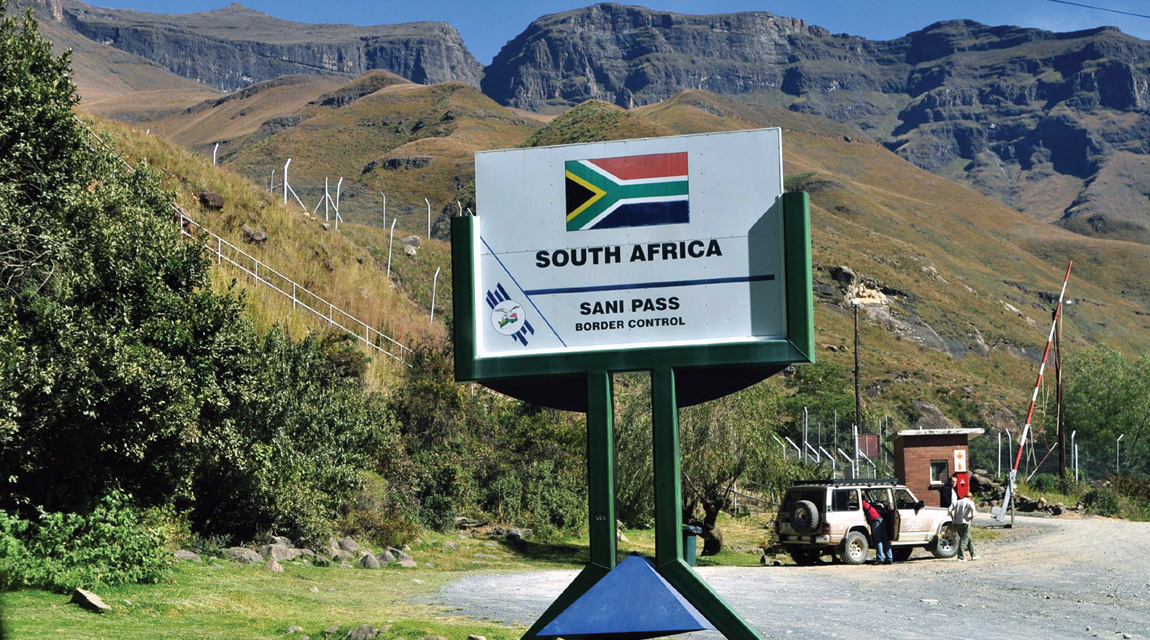Author:sam-rolland
A Border Management Authority (BMA) makes a lot of sense, but this could undo much of the progress made to date. Hidden among other news in 2018 was the slow progression of the Border Management Authority Bill. First envisioned in 2009 and passed in 2017, the Bill dictates the creation of a Border Management Agency (BMA) to take control of South Africa’s numerous borders. In theory, the BMA makes a lot of sense. Currently, border management of goods and people […]
The bus drivers’ strike in may will have far-reaching economic implications. As an economist, I am often asked to delve into unfamiliar topics to provide commentary. The month of May was different, however, as I was given the chance to provide my commentary on the bus strike, which affected me personally. As a user of public transport, my schedule was severely affected by the inconvenience of losing the option to take the bus. The bus strike came at possibly the […]
There are various regional examples of how spending on infrastructure – such as roads and rail – can boost a country’s competitive advantage. In the previous column, I discussed how when governments push back spending on public investment projects to fund a short-term deficit, this limits the expansionary capacity of the heavy sectors within the economy – and, by extension, the demand for freight. Delaying the infrastructure replacement cycle means that productive use declines over time. This results in lower tax revenue, […]
Investigating a decline in infrastructure spend (part one). February came and went with the passing of the budget by the then Finance Minister Malusi Gigaba. This would turn out to be his first and last budget. While markets reacted positively to a well-reasoned message, structural difficulties loom in the near future. One of the biggest difficulties of any government finance department in an emerging economy is to balance an increasing burden on state resources, while maximising tax revenue in a […]
We all want the rand to be stronger, but there is a downside. A few columns ago I discussed how an exchange rate impacts on transport operators. Certainly, the lag between the exchange rate and the pass-through into new-vehicle inflation shows the pitfalls of a weaker rand on fleet replacement. In recent months, the rand has shown a different trend – positive political developments together with an increased appetite for emerging market assets have pushed the rand into stronger territory. […]
December certainly proved eventful across much of the economic spectrum. Sitting in Colesberg on the first leg of my holiday, I eagerly watched the ruling party policy conference unfold, while (along with many others) mentally crunching up whether 2018 will bring about an economic recovery, or whether we are going to have to explain why this year isn’t the year that everything rights itself. Although close, the victory of Cyril Ramaphosa left many in the economic sphere with a sense […]
When you are a bus operator… While the South African economy navigates the doldrums that have characterised 2017, the global economy continues on the path to recovery. Growing momentum in the United States (US) and China and a continued recovery in the European Union all point to a global economy recovering from the depressive effects of the last decade. At a time when many sectors in the domestic economy remain bogged down by weak consumer and business confidence stemming from […]
focusmagsa









